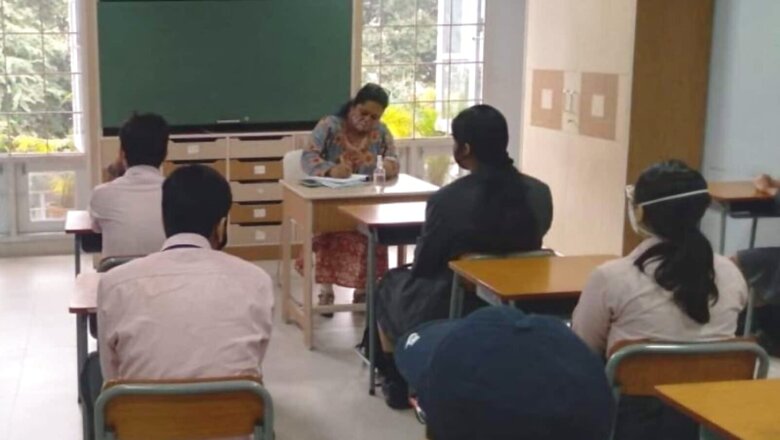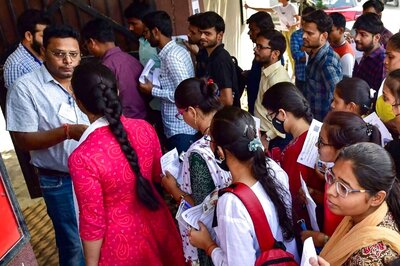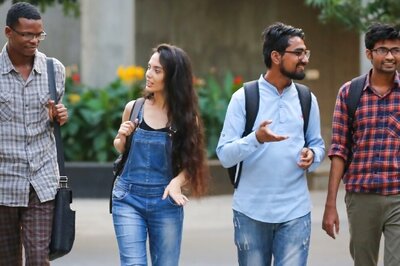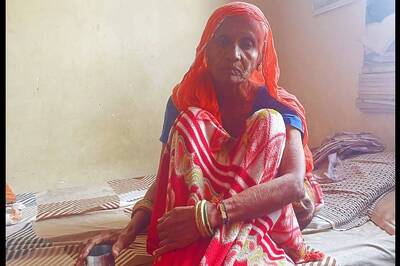
views
The Delhi High Court on Friday directed the Arvind Kejriwal-led Aam Aadmi Party (AAP) government to make sure that children who belong to economically weaker sections (EWS) of the society are given admission in private unaided schools.
It said that they should not be treated in an unwelcoming manner for any reason, including that of suspicion of credentials. The counsel for the children contended that the schools blatantly denied admission to EWS children.
Justice Chandra Dhari Singh said: “One can just imagine the humiliation faced by the young children and their parents. This court, as a custodian of the Constitution, cannot remain a mute spectator to the outright bulldozing of human rights by those in the noble service of imparting education, thus bringing a bad name and repute to the same.”
Read | Children with Disabilities Entitled to Basic Facilities Like Computer Fee Waiver: Delhi HC
The judgment which runs into 85 pages begins with a Sanskrit quote that says, “charity by way of giving food to a person is a great deed, but giving education is even better since the satisfaction from consuming food is momentary, but that from education lasts a lifetime”.
Justice Singh, while quoting Mahatma Gandhi, further said that irrespective of the person’s economic background, basic education should be free and compulsory for all between the ages of seven to 14.
The court said that their fundamental right to education is being violated and it is time that the court reaches the people and not wait for them to reach out to it.
“These children have committed no other crime but they were born in poverty. This court’s conscience is laden with the woes of the poor children and their parents. The state of affairs is appalling, anguishing, and agonising. It is a travesty of justice and an utter failure on the part of the state in its duties of a welfare state,” Justice Singh said.
He added: “In view of the aforesaid analysis as well as to alleviate and ameliorate the miserable state of affairs as prevalent in the NCT of Delhi qua implementation of the RTE Act at the elementary education level, it is pertinent to exercise the powers of this court under Article 226 of the Constitution to issue directions to the DoE for ensuring admission to the poor children belonging to weaker sections.”
Recently, the Delhi government informed the High Court that it is evolving a transparent, uniform, and hassle-free admission process for children under the EWS category in private unaided recognised schools.
It had also stated that a portal has been developed where the number of vacancies is displayed and the parents can apply online for the vacancies available under the admission quota.
An NGO Justice for All had filed a writ petition under Article 226 of the Constitution as a Public Interest Litigation (PIL).
The PIL, directed at the Delhi government, had sought the court’s direction to ensure the admission of over 44,000 children belonging to weaker sections and disadvantaged groups under the provisions of section 12(1)(c) of the RTE Act, 2009.
Read all the Latest Education News here




















Comments
0 comment